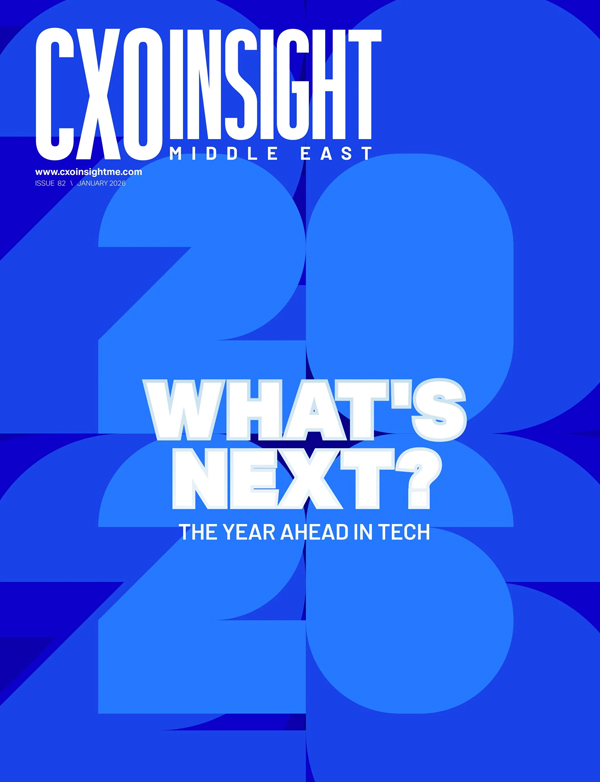According to the IMF, GCC banks were looking at a combined asset base of US$2.6 trillion at the end of 2020. That was almost double (180%) regional GDP, and was up from US$1.6 trillion, or on a par with (102%) GDP, in 2013. This burgeoning sector has always made it its priority to improve services – to digitise and personalise – but its institutions know that progress would seem hollow without the same efforts being made to assure customers their assets are safe. Security is to a bank as water is to a boat.
Biometrics is rapidly emerging as the answer to the trade-off between customer security and customer experience. The National Bank of Kuwait started looking into biometrics as far back as 2018, with the launch of a Selfie Pay system and a pilot for fingerprint sensors. In the fight against identity theft, money laundering, and account hijacks, biometric identity authentication for customers and employees is a bulwark.
Fingerprints are the most popular choice. Systems are accurate, relatively inexpensive, and easy to deploy, and users find them fast and intuitive. For high-value transactions, customers have traditionally filled out multiple forms and interacted with their bank in person. Biometrics changes all that. And as regulatory frameworks tighten across the region, authorisation by flesh-and-blood attributes will become even more popular. Know your customer (KYC) and anti-money laundering (AML) regulations lay out strict standards of identity verification. And fingerprint biometrics ticks the right boxes.
When it comes to fraud prevention, fingerprints assure multiple stakeholders – foreign financial institutions, customers, and law-enforcement agencies – of the lowest possibility of criminality. Assurances like these build high levels of trust, especially among younger, digital-native generations who are beginning to dominate markets everywhere.
While fingerprint scanning solutions might bring to mind smartphone-enabled authentication, the region’s AML and KYC standards do not accept mobile devices as fit for purpose. Dedicated hardware is required. Fingerprint-scanning technology is relatively mature, so global standards exist to guide Middle East implementations. For example, the US FBI uses its own Next-Generation Identification (NGI) Image Quality Specifications (IQS) and the National Institute of Standards and Technology (NIST) provides a common standard for image quality assessment. Additionally, there is the ISO/IEC 29794-4 standard for biometric sample quality.
The scanner must have accuracy levels that allow it to work at scale. One of the main advantages of fingerprint biometrics is its low false “accept” rate but it is worth knowing that lower-quality scanners do have higher rejection rates, which would lead to frustration among legitimate customers. Consistency leads to confidence, which leads to customer trust.
Liveness detection is another factor that sets quality scanners apart. Elite fingerprint scanners use advanced imaging, like Multispectral Imaging (MSI), to determine whether the finger being scanned is the real deal or a facsimile. ISO/IEC 30107 includes a provision for presentation attack detection (PAD). Look for fingerprint scanners that are compliant with ISO 30107-3 PAD Level 2, which stipulates the ability to detect advanced 3D prosthetics and other material fakes.
The technology has matured to make fingerprint authentication viable, and the support (testing) services are there in the industry to ensure that any system is as foolproof as it can be. Fingerprint biometrics addresses a lot of challenges for the banking industry – fraud, compliance, and delights customers – so the time has come for widespread adoption.










Discussion about this post